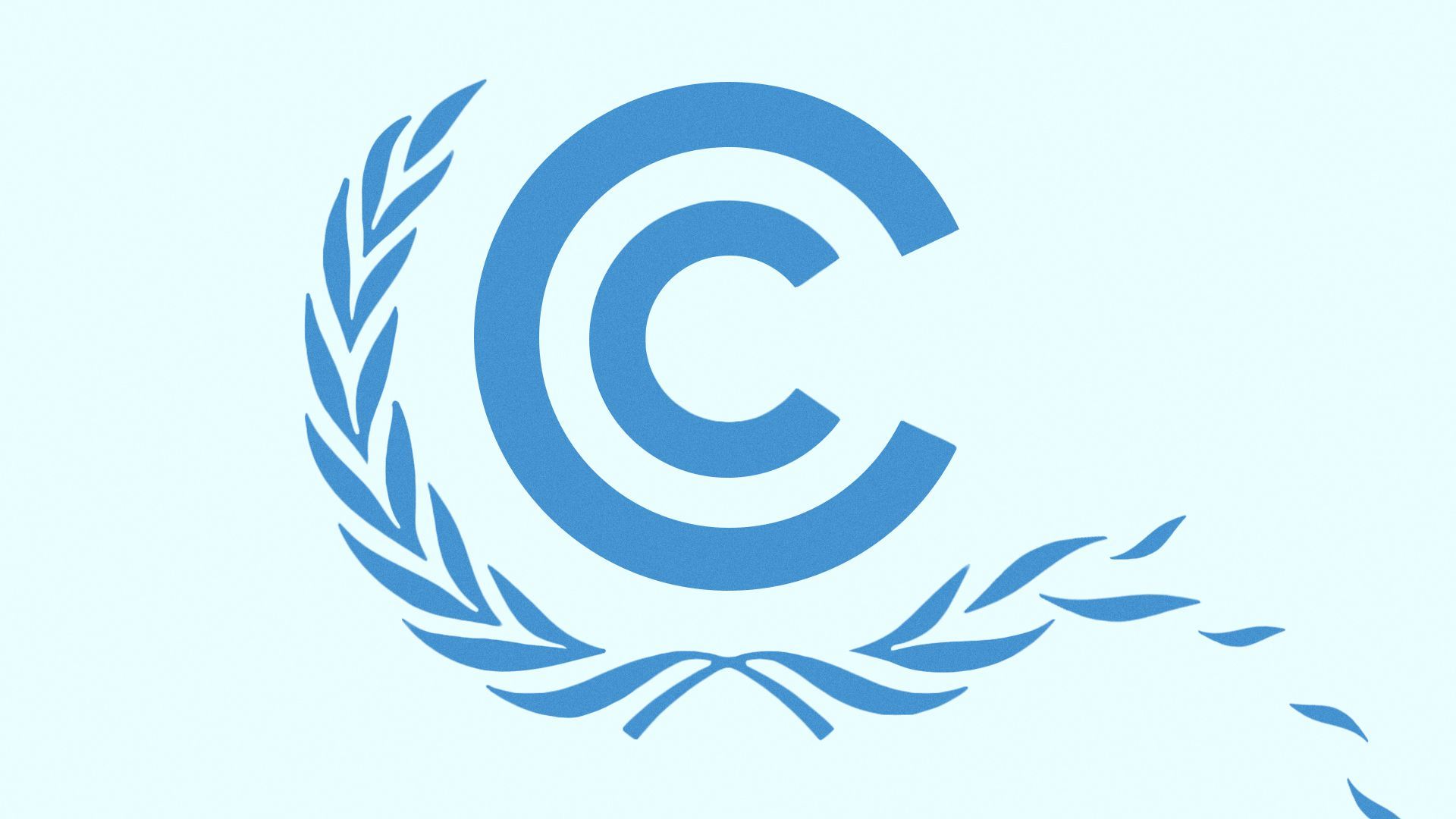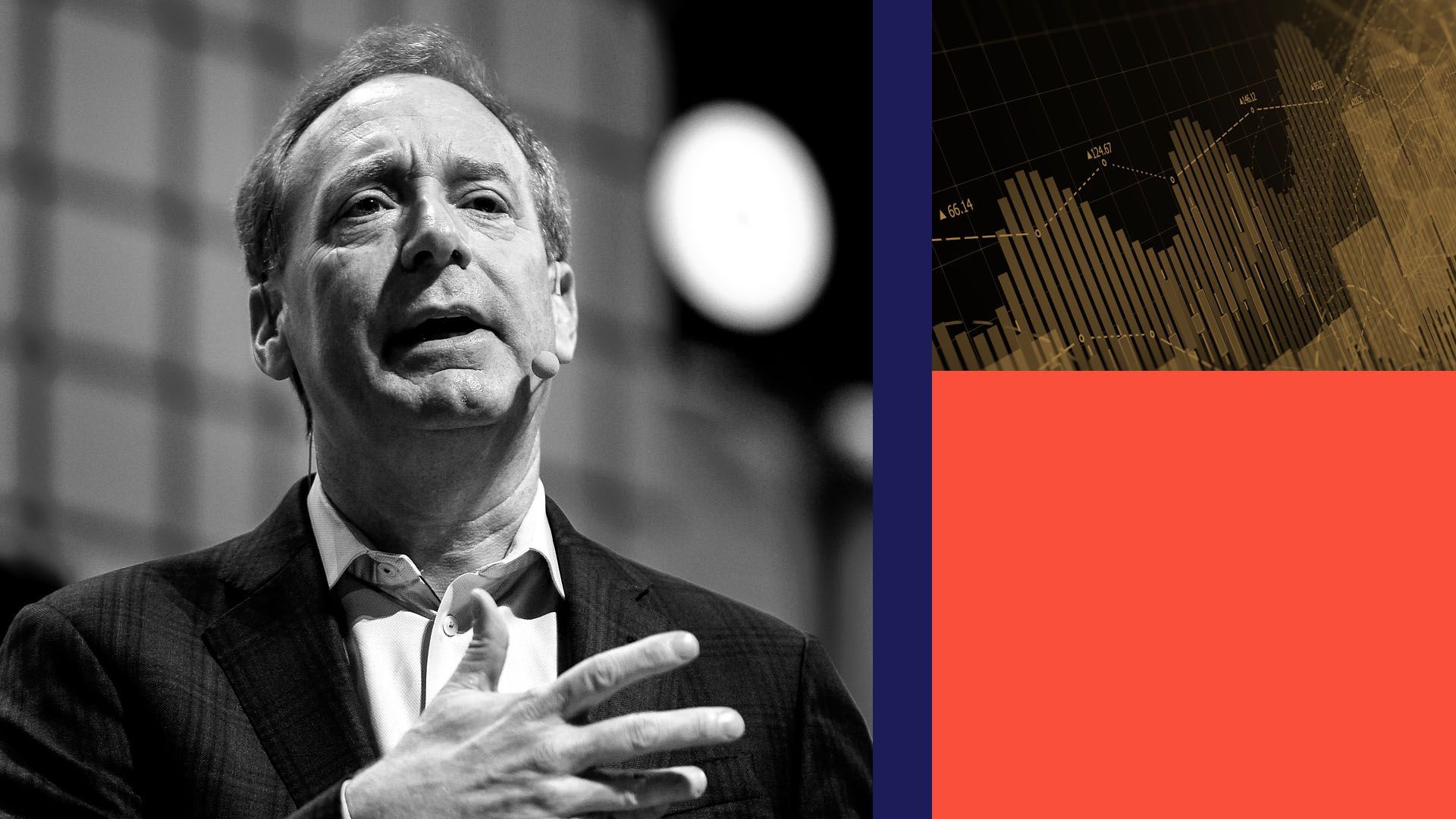 Data: BloombergNEF; Chart: Madison Dong/Axios Visuals New analysis shows governments' support for fossil fuel production and consumption "surged" last year, Ben writes. Driving the news: Combined G20 support grew 16% to $693 billion, the research firm BloombergNEF said, and cautions it's a conservative estimate. - The report tracks government support like consumer price subsidies, tax incentives, investment by state-owned companies and more.
Why it matters: Analysts and activists have long called subsidies a barrier to a low-carbon transition. Threat level: Subsidies distort prices, encourage "potentially wasteful" use and production, and pour capital into emissions-intensive infrastructure, BNEF notes. Yes, but: It's a tricky problem. Some subsidies help poor people access vital energy. But BNEF notes that "even consumer-targeted subsidies disproportionately benefit wealthier consumers." Catch up fast: Years of multilateral declarations from the G7, G20 and others endorse subsidy phase-downs, but to little effect. "[T]hey always seem to include imprecise language and caveats, giving governments wiggle room to interpret these pledges as they wish," Victoria Cuming, BNEF's head of global policy, said in a statement. 👀 What we're watching: The effect, if any, of the agreement at last November's UN climate talks to curtail "inefficient" subsidies. Cuming tells Axios via email that 2022 data is expected to show another rise. | 








No comments:
Post a Comment